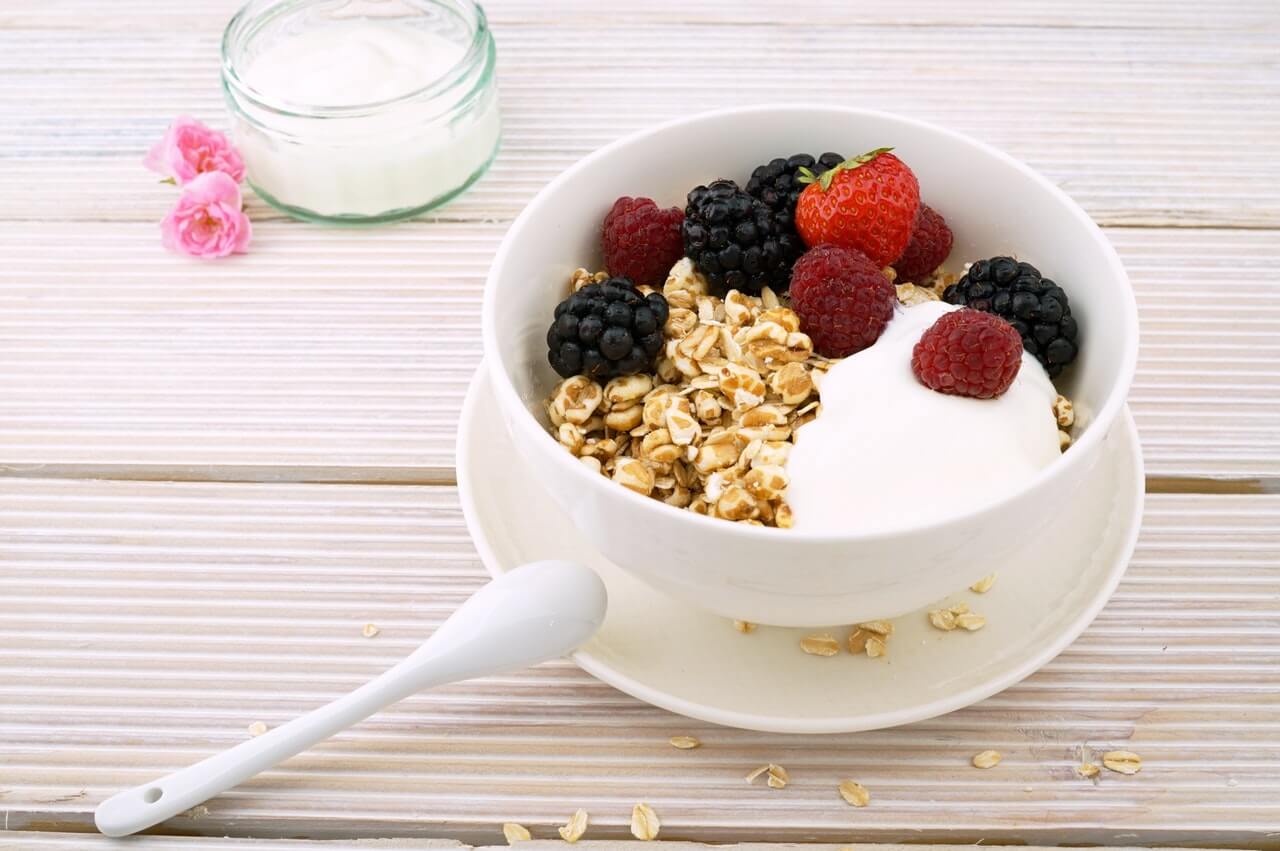Did you know that the food we eat creates both a physical and mental response? Anatomically, ingesting food promotes enzyme production, stomach movement, and smooth muscle relaxation and contraction to move food through the intestines. Mentally, food can bring comfort, happiness, stress, or even fear. Food can also touch both physical and mental levels; some foods promote nervous system relaxation or nervous system destruction. Sugar, for example, can lead to inflammation and oxidative stress, but also changes in mood. Harvard Health states, “Multiple studies have found a correlation between a diet high in refined sugars and impaired brain function — and even a worsening of symptoms of mood disorders, such as depression.”1 Other types of foods, think dark chocolate and green tea, contain caffeine and may lead to nervousness if consumed in high amounts. The good news is that you can use food to your advantage by learning which ones work best for your body. If you are looking for a little extra tranquility in your day, here are 4 foods you can eat to promote physical and mental peace.
Plain Yogurt
Plain yogurt is a great food that promotes relaxation for two main reasons. Firstly, milk contains the mineral magnesium, which plays a direct role in stress reduction. Just 1 cup of yogurt contains 42 mg of magnesium which is equivalent to 11% of the Daily Value.2 Magnesium impacts numerous neurotransmitter systems including those that release stress hormones.3 In addition, magnesium also regulates serotonin (the “happy” brain chemical) production. Magnesium can also relax the muscles, creating a physical sensation of calm. Second, yogurt contains healthy probiotics. Because serotonin production and gut bacteria have a close relationship, probiotics are a great way to promote a balanced mood over time.
Oatmeal
A bowl of oatmeal can do wonders for your body. Just physically speaking, oatmeal is warm, comforting, and filling. Oatmeal digests slowly in the body, regulating blood sugar and keeping you feeling full from fiber rich content. Oats are also full of the amino acid L-tryptophan, which creates serotonin. One cup of oatmeal contains 147 mg of L-tryptophan.4 Even better, top your oatmeal with antioxidant-rich berries that combat oxidative stress.
Salmon
Salmon, or any type of fish, are great sources of omega-3 fatty acids. Omega-3 fatty acids are powerful inflammation fighters, but also boost mood. Studies show that omega-3 fatty acids can pass through brain cell membranes and interact with mood-altering molecules. According to Harvard Health, “The omega-3s have also been proposed to alleviate or prevent other psychiatric conditions including schizophrenia, borderline personality disorder, obsessive compulsive disorder, and attention deficit disorder.”5
Oysters
Osyters are full of the powerful mineral zinc. Zinc plays a role in countless body processes but has been strongly linked to mood. According to anesthesiologists Feng and Ge from First Hospital of Jilin University, “Zinc has been found to exhibit an antidepressant like profile, as demonstrated in both preclinical and clinical studies.”6 If you are currently taking prescription antidepressants, good news! Studies have shown that supplementing with zinc has been shown to improve the efficiency of antidepressants, so increasing foods high in zinc may be a good way to boost your mood.7
Sources:
1) Selhub E. Nutritional psychiatry: Your brain on food. Harvard Health. https://www.health.harvard.edu/blog/nutritional-psychiatry-your-brain-on-food-201511168626. Published November 16, 2015. Accessed December 28, 2018.
2) Magnesium. National Institutes of Health. https://ods.od.nih.gov/factsheets/Magnesium-HealthProfessional/. Accessed December 28, 2018.
3) Cuciureanu MD, Vink R. Magnesium and stress. In: Vink R, Nechifor M, editors. Magnesium in the Central Nervous System. Adelaide (AU): University of Adelaide Press; 2011.
4) Richard DM, Dawes MA, Mathias CW, Acheson A, Hill-Kapturczak N, Dougherty DM. L-Tryptophan: Basic Metabolic Functions, Behavioral Research and Therapeutic Indications. Int J Tryptophan Res. 2009;2:45-60.
5) Mischoulon D. Omega-3 fatty acids for mood disorders. Harvard Health. https://www.health.harvard.edu/blog/omega-3-fatty-acids-for-mood-disorders-2018080314414. Accessed December 28, 2018.
6) Chunsheng F, Ge P. The Role of Zinc in Mood Disorders. Neuropsychiatry. 7(4):378–386.
7) Cope EC, Levenson CW. Role of zinc in the development and treatment of mood disorders. Curr Opin Clin Nutr Metab Care. 2010;13(6):685-9.

